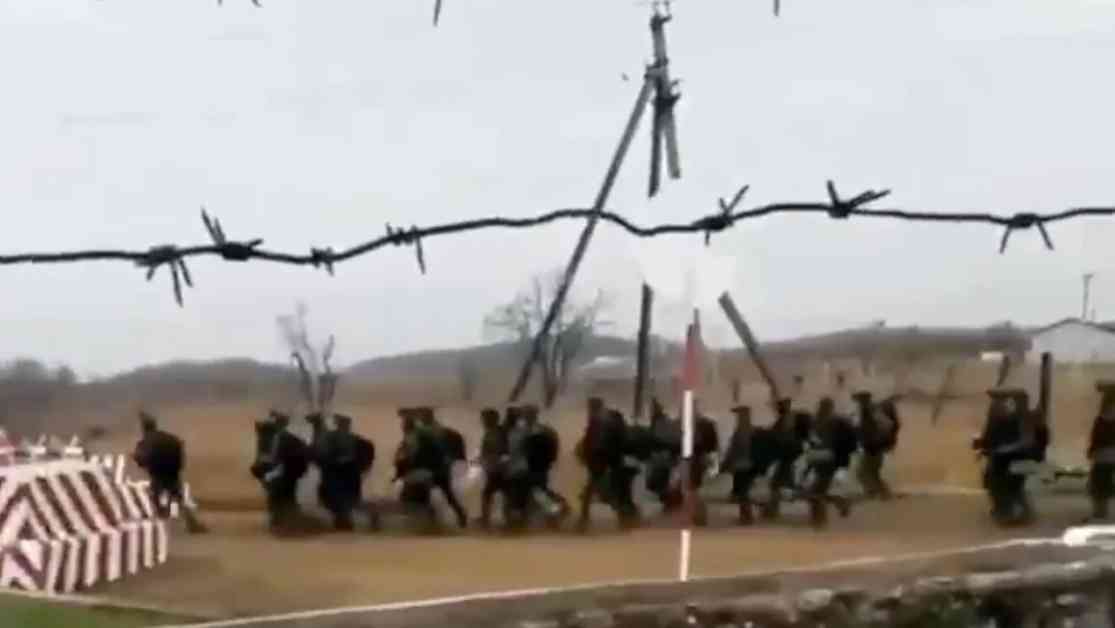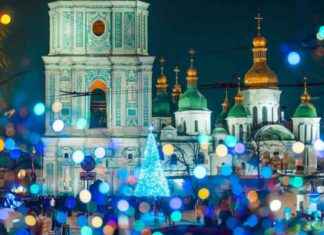South Korea’s National Intelligence Service (NIS) recently disclosed that North Korean troops have withdrawn from Kursk Oblast in Russia following significant losses. The New York Times initially reported this development, highlighting that North Korean soldiers have not been involved in combat operations in the region since mid-January 2025.
The decision to pull out North Korean troops was influenced by the high number of casualties suffered by these forces. While the exact cause of these losses is still being investigated, it is evident that the situation was dire enough to prompt their withdrawal. Ukrainian President Volodymyr Zelenskyy shared with the Associated Press that out of the three North Korean brigades, one was completely destroyed, while the other two sustained heavy losses.
In October, an estimated 10,000 to 12,000 North Korean troops were dispatched to Russia to support the ongoing conflict. Despite reports of their involvement, both Moscow and Pyongyang have never officially confirmed their direct participation in combat operations. However, on 11 January, two North Korean soldiers were captured by Ukrainian forces in Kursk Oblast, shedding light on the reality of their presence in the area. The captured soldier detailed the harsh conditions they faced, including going without food and water for several days before being apprehended.
As the situation unfolds, concerns grow over the fate of North Korea’s troops stationed in Kursk. The Institute for the Study of War warned that by mid-April 2025, the entire contingent of approximately 12,000 troops could be decimated due to casualties. Plans are already in motion for North Korea to deploy new troops to Russia by mid-March, indicating a continuous cycle of military involvement in the region.
Amidst escalating tensions, Ukrainian forces launched a strike on a Russian command post in Kursk Oblast on 31 January, resulting in significant casualties among both Russian and North Korean officers. This event underscores the volatile nature of the conflict and the toll it is taking on all parties involved.
### Expert Analysis on the Conflict in Kursk Oblast
According to experts, the Russian forces have struggled to dislodge Ukrainian troops from Kursk Oblast, leading to a significant decrease in the number of North Korean soldiers in the region. The ongoing battle has proven to be challenging for all parties, with each side facing losses and obstacles in their military operations.
### Humanitarian Concerns and Deceptive Tactics
Reports have emerged of North Korean soldiers resorting to forging tuberculosis certificates to escape the front lines in Russia. This desperate measure highlights the dire circumstances faced by these troops and the lengths they are willing to go to evade further conflict.
### Training and Preparation for Future Deployments
Despite the heavy losses suffered by North Korean troops, efforts are underway to train new soldiers in Russia to replenish their ranks. This training indicates a commitment to maintaining a presence in the region and continuing to support Russia in the ongoing conflict.
As the situation in Kursk Oblast continues to evolve, the international community remains vigilant, monitoring the developments closely to assess the impact on all parties involved. The complexities of the conflict underscore the challenges of modern warfare and the human cost of military engagements in contested regions.

















